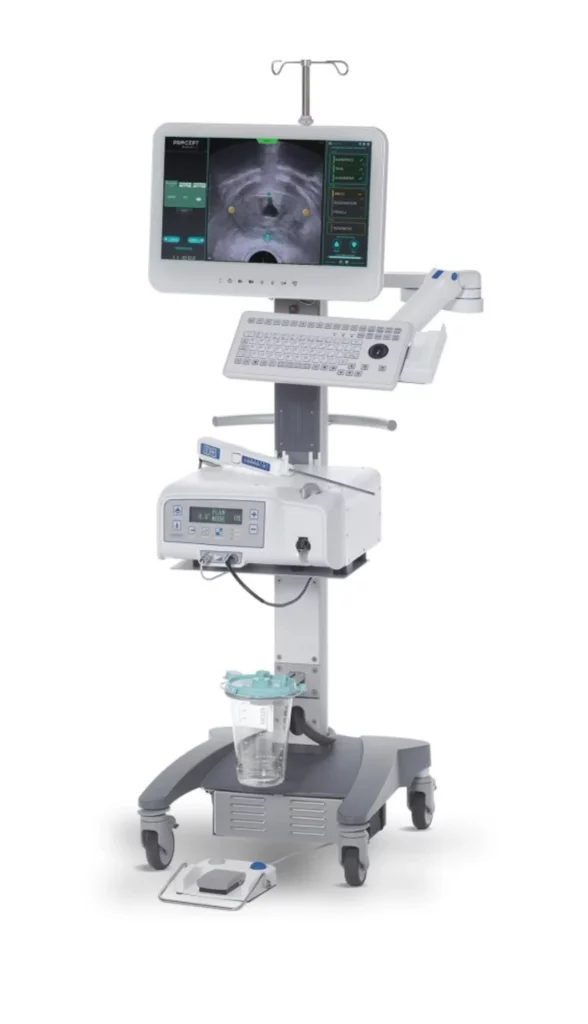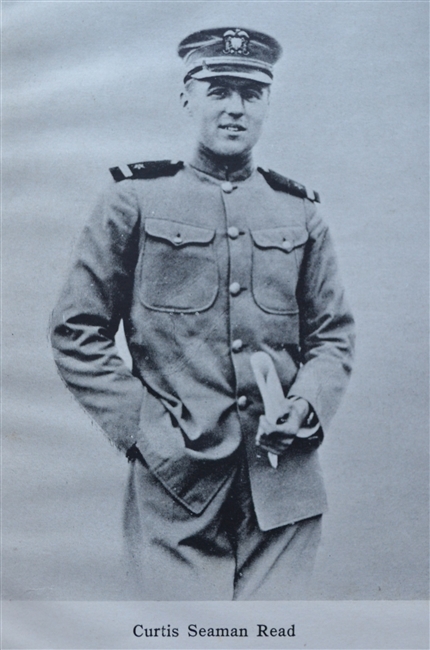An Innovative New Treatment Using Heat-Free Water Jets Is Helping Men Combat Prostate Issues – Sponsored by White Plains Hospital

Special promotional content provided by White Plains Hospital
Dr. Aaron Hagge-Greenberg, Urology

An enlarged prostate is one of the most widespread men’s health issues. Research shows that 50 percent of men in their 50s have what’s known as benign prostatic hyperplasia (BPH) — or a non-cancerous enlarged prostate, according to the National Institute of Diabetes and Digestive and Kidney Diseases. That percentage ticks up the older men get. With BPH, many men experience uncomfortable symptoms, like having trouble urinating, having to pee often, or needing to use the bathroom in the middle of the night.
“As men mature, they will face challenges in their urinary health and habits, says Dr. Aaron Hagge-Greenberg, Director of Urology. “While the majority of these urinary issues are not dangerous, they can have a significant and profound impact on quality of life, interpersonal and intimate relationships, and even carry social stigma. It is important that we as urologists continue to actively discuss these issues with our patients and be able to offer them multiple options to help manage them.”
Preventive steps like cutting alcohol and caffeine intake, limiting liquid intake, and taking prescribed medication or supplements can help keep symptoms at bay. However, these efforts may be insufficient to control many patient’s symptoms. In cases like these, procedural options can often provide needed and long-lasting relief of their symptoms. Now, there is a new, innovative procedure at White Plains Hospital that men can turn to: Aquablation.
This minimally invasive procedure, which was first performed at White Plains Hospital in March 2024, uses robotic technology to remove problematic prostate tissue. Using an incision free approach with a combination of both a minimally invasive camera and ultrasound imaging, Dr. Hagge-Greenberg is able to obtain a precise anatomical map of his patients’ prostate. He can then carefully and accurately plan the prostate tissue to remove. This is particularly important because he can effectively determine which tissue to remove, while also steering clear of areas that impact sexual function or bladder control. Then, a heat-free water jet clears the predetermined tissue precisely away.
“Prostates come in all shapes, sizes and configurations. As a result, there are multiple procedures available to manage prostate enlargement and the wide variety can sometimes be overwhelming for patients to decide. However, many of these procedures may have side effects and impact sexual function or urinary control, both of which many patients would like to avoid. Aquablation is a novel procedure that uses a high-pressure water jet to remove prostate tissue. Because it is performed with a planned robotic approach, we can significantly reduce those unwanted side effects for our patient while still giving them lasting results”.
Patients can expect to spend one night in the hospital with possible, mild side effects such as pelvic discomfort. Typically, patients feel better at around two weeks, with full recovery in three to four weeks.
“Unfortunately, as men age, they will all likely “meet their prostate”- and develop some urinary issues. The Urology division at White Plains Hospital can provide a comprehensive approach to care and now can also provide cutting edge procedures like Aquablation to help men continue to live confidently and comfortably controlling their urinary problems without sacrificing other important quality of life issues.”
Dr. Aaron Hagge-Greenberg is a urologist and urologic surgeon at White Plains Hospital Physician Associates. For an appointment, call 914-949-7556.
Health Matters
The original version of this article was published in Health Matters, a White Plains Hospital publication.






